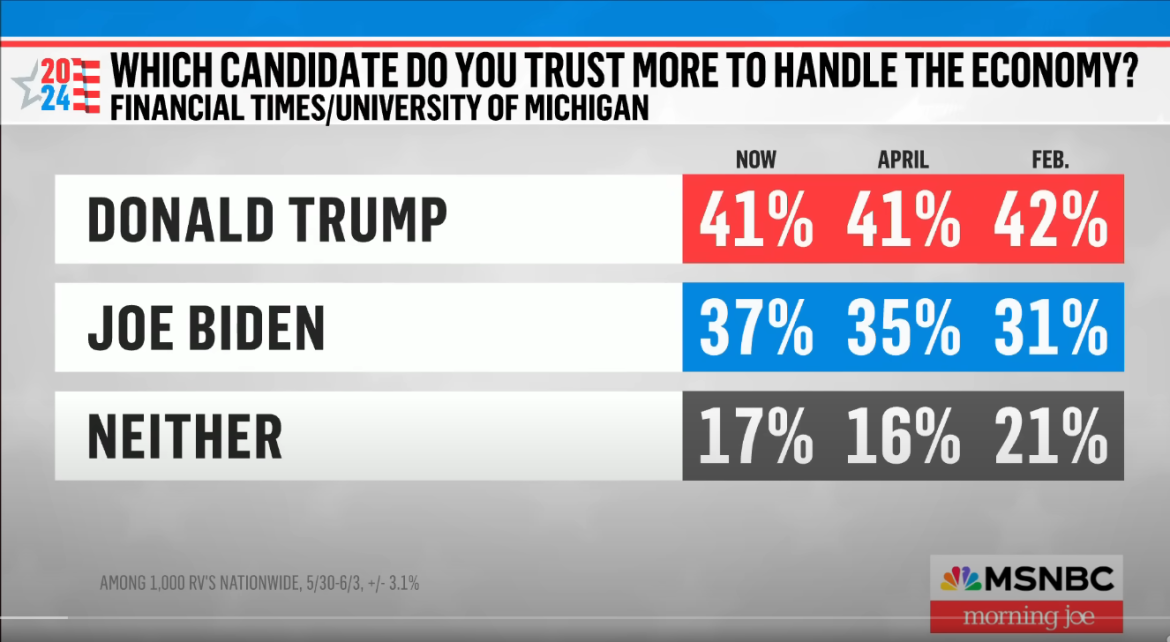A new survey reveals that a significant portion of Americans feel their financial situation has deteriorated since the beginning of President Joe Biden’s administration in January 2021. According to the survey conducted by Bankrate, 43% of respondents report being worse off financially. Bankrate Senior Economic Analyst Mark Hamrick discussed the results, noting that responses largely fell along party lines.
The survey indicates that 68% of Republicans believe their financial situation has worsened under Biden’s leadership, compared to 51% of Independents and just 16% of Democrats. Conversely, 32% of Democrats report an improvement in their financial circumstances, while only 17% of Independents and 9% of Republicans feel financially better off.
Despite these findings, Hamrick points out several positive economic indicators, including a strong job market, sustained economic growth, and the absence of a recession. These factors suggest a complex economic landscape where perceptions of financial health are deeply influenced by political affiliations.
The survey underscores the polarized nature of economic perceptions in the current political climate. Republicans overwhelmingly attribute their financial struggles to Biden’s policies, while Democrats are more likely to view the administration’s impact positively. Independents, often seen as a bellwether group, reflect a more divided stance, with significant portions feeling both improved and worsened financial conditions.
This partisan divide in economic sentiment highlights the challenges facing the Biden administration as it navigates public opinion and economic policy. As the administration touts its achievements in job creation and economic stability, it must also address the concerns of a substantial segment of the population who feel left behind.
The Bankrate survey provides a snapshot of the current economic sentiment in America, revealing a nation divided not just by politics but also by personal financial experiences. As the 2024 election approaches, these perceptions will likely play a crucial role in shaping voter behavior and political discourse.



